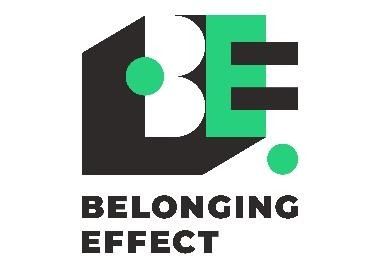The school and educational system I want - Alpha
ALPHA JOBE, NIORO JATABA SANKANDI SENIOR SECONDARY SCHOOL, THE GAMBIA
As a student, especially one from a third world country and learning in one of the most rural localities in the country, students’ perception and demands on education and how they wish to be educated, may perhaps be somewhat less than what students in other parts of the world, or even other parts of this country maybe asking for, including myself. This is simply because, most of the basics of quality education are unavailable to us.
However, without the slightest intention of fantasising about the ‘supposed’ standard of education, and having completed part of my schooling career in the capital city of The Gambia, I have engaged with my colleagues on individual , personal and collective levels, to see what their ideas of education are and how they wish to be educated. I have merged these with mine to write this essay.
Disclaimer: do not be surprised that most of them do not demand more than their basic rights. To them, these are privileges and having them will miraculously enhance the quality of their education.
To kick off, a majority of us wish to have enough qualified, motivated teachers ready to handle relevant subject areas. We believe that we lack enough teachers, as one teacher teaching two or more subjects makes him or her ineffective in one or more of the subjects. There are several teachers whose performance in their second or third subjects are unsatisfactory.
Moreover, most of my colleagues also hold the belief that most of the teachers are not ready. In an attempt to explain this, a couple of them pointed out that teachers come to class just because they are employed as teachers. They don’t have the passion. From my personal view, the government, through the Ministry of Education can improve the conditions of teachers. Teaching is seen as a poor man’s job in The Gambia and thus most teachers are in the field because they have no choices. Motivations in the form of incentives can be a good form of encouraging them and thereby making them ready and passionate to teach.
As well as the issue of teaching staff, I would lament the lack of availability of standard facilities such as libraries and laboratories. We want a school with all the facilities we need in order to enhance our performance and opportunities. For instance, most of us have never even seen a microscope, and yet we have been taught the use of microscopes and even drawn and labelled them.
Furthermore, we wholeheartedly wish for the availability of stationery, especially books. I admit that there is a small library in the school, but it has little or no relevant books for our syllabus. For our performance to improve, we need a standard library with books relevant to our areas of study, and even an Internet connection with computers.
The preceding paragraph draws my attention to the need for a science curriculum for the high school. Some of my colleagues revealed that they want to be medical doctors and nurses but the lack of a science curriculum has forced them to study the arts or commercial arenas, as those are the only choices available. We want a school that can provide us with any area or field of study we want to pursue.
In addition, we need a better environment than that which is provided for us. Our school’s environment is somewhat noisy, as it is close to the road, and sometimes dangerous as we have encountered many road accidents at the school gate and on the way to school. The facilities are not well enough built to deal with the ever changing weather conditions. Extreme cold and hot seasons sometimes become very unbearable, and thereby rendering the environment not conducive enough for teaching or learning.
Importantly, we need a school and an educational system that promotes equity instead of equality, or selective ability/ performance grouping. The award of privileges is driven by the fact that most of the time support is given to the better performing students, since there is not enough support for all students. I think the support should be given to those who need it in order to close the gap. But instead, the gap is widened when the entire focus is given to those performing better, and those that perform better do so because they have all the stationery and, in most cases, all the necessary support. We wish and hope for a school where support will be given according to need.
In conclusion, if these demands are met, I believe we can do better in our education to make a greater impact.





